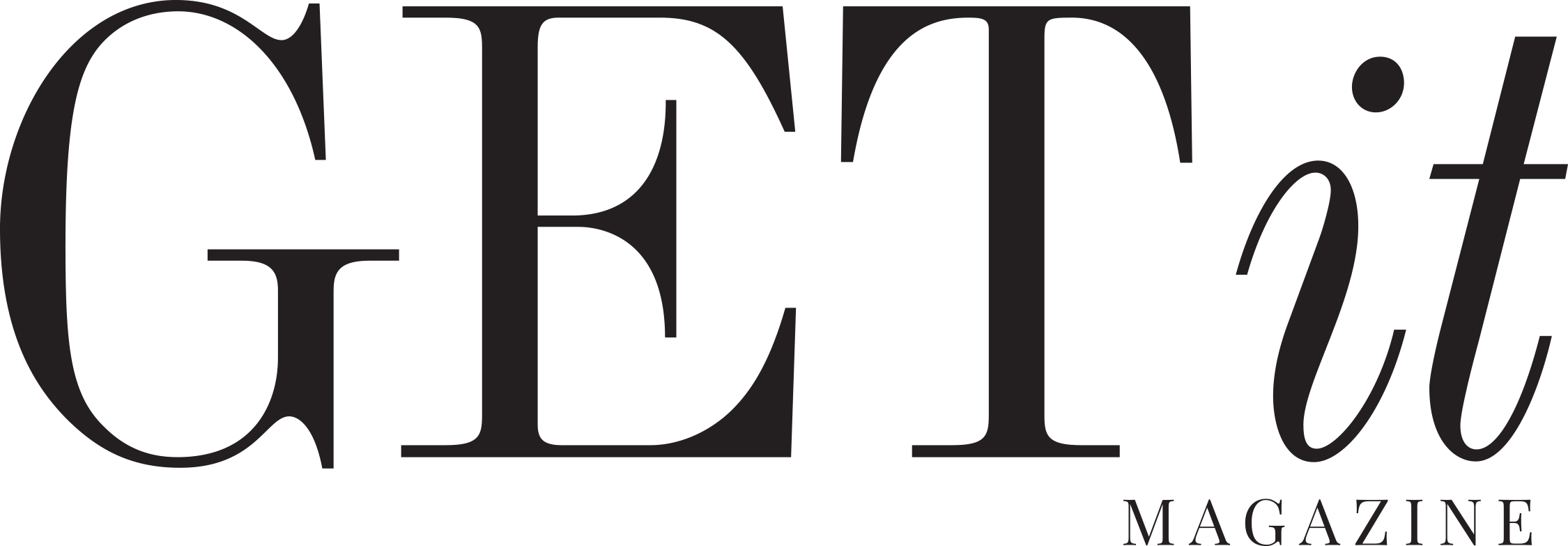In today’s health-conscious world, there is an abundance of diets to choose from, each promising unique benefits and lifestyle improvements. However, finding the perfect diet that suits your needs can be overwhelming. Fear not! We’ve compiled a comprehensive list of the most popular diets, outlining their pros and cons, to help you make an informed decision about which one may be right for you. Whether you’re aiming for weight loss, increased energy, or overall well-being, we’ve got you covered.
The Mediterranean Diet:
Pros:
The Mediterranean diet is rich in fruits, vegetables, whole grains, and healthy fats such as olive oil. The diet also reduces red meat and focuses instead on lean proteins, such as fish and poultry. Research has shown numerous health benefits to this diet, including reduced risk of heart disease, brain health and helping regulate your blood sugar. And the best part? A glass of wine with your dinner is recommended! Reducing processed foods and red meat has also been seen to benefit the environment, using less water and land.
Cons:
However, the Mediterranean diet may not be the most cost effective. Although there are no initial costs to swapping diets, foods such as fresh fish, nuts, fruit and olive oil may add up over time. To get around this, try frozen seafood instead, you will still get all of the health benefits, but at a fraction of the cost. This diet can also feel quite restricting as it does not allow for any processed foods, which most of us have become accustomed to over the years. And although the occasional red wine is seen as a serious positive for the diet, the line is a bit blurry. As with any diet, over indulging can affect your health and wellbeing, so being mindful of your portions is a must!
The Vegetarian Diet:
Pros:
The vegetarian diet focuses on plant-based foods, including fruits, vegetables, legumes, grains, and nuts. But this diet allows for flexibility, as you still get to enjoy animal products, such as honey, dairy and eggs, making it easy to incorporate to your day-to-day life. And with many meat-substitutes on the market today, you’ll hardly know the difference! As with the Mediterranean diet, the reduction in red meat can lead to weight loss and improve your heart health. But one of the biggest driving factors for this diet is supporting ethical and environmental concerns related to animal agriculture.
Cons:
If you are considering taking up the vegetarian diet, you may need to do some planning to ensure you are having balanced meals, as many vegetarians take supplements such as vitamin B12 and iron. Meat substitutions can also get very pricey if you are relying on them in your diet. As the vegetarian diet does not restrict processed foods or junk foods, to experience significant weight loss, you will need to focus on eating whole vegetables.
The Vegan Diet:
Pros:
The vegan diet excludes all animal-derived products, emphasizing plant-based foods. This diet is often associated with a lower body weight and a reduced risk of heart disease and inflammation. However, as with the vegetarian diet, one of the most influential arguments for the vegan diet is its ethical and sustainable ties.
Cons:
This diet is one of the hardest to incorporate into your routine. As with vegetarians, vegans often have to ensure they are getting adequate nutrients, and may have to consider taking supplements for vitamin B12, D, and omega-3 fatty acids. Also with vegetarians, plant-based substitutes may become more expensive. But what makes the vegan diet often feel unattainable are challenges relating to social situations and eating out, as venues may not have adequate vegan options on hand.
The Clean Eating Diet:
Pros:
The clean eating diet is all about going back to basics and nourishing our bodies with minimally processed, whole foods. By following this clean eating approach, you’re not only on a mission to shed those extra pounds sustainably, but you’re also giving your overall health a major boost. Not only will you see those pounds gradually melt away, but you’ll also notice improved energy levels and an overall sense of well-being.
Cons:
One thing to keep in mind is that it may require a bit more time and effort in the kitchen. Since you’ll be focusing on preparing meals from scratch and using fresh ingredients, it’s natural that it might take a little longer to whip up those delicious, wholesome creations. Another aspect to be aware of is the potential impact on your wallet. Let’s face it, those processed convenience foods are often cheaper and more readily available. So, when you choose to embark on a clean eating journey, you might notice a slight increase in your grocery bill.
The Keto Diet:
Pros:
Say hello to ketosis, a metabolic state where your body switches gears and starts burning fat for energy instead of carbohydrates. One of the first things you might notice on the keto diet is rapid initial weight loss. As your body adjusts to the low-carb intake, it taps into those fat stores and sheds excess weight. It can help improve insulin sensitivity by reducing carbohydrate intake. Studies suggest that the keto diet may have anti-inflammatory effects, potentially helping with conditions such as arthritis or other inflammatory disorders. And let’s not forget about the food! The keto diet allows you to indulge in a variety of delicious high-fat foods. Think creamy avocados, crunchy nuts, and ooey-gooey cheese.
Cons:
The strict carbohydrate restriction can be challenging to maintain, especially in a world filled with carb-loaded temptations. In the beginning, some individuals may experience side effects like fatigue, irritability, or difficulty concentrating, also known as the “keto flu.” It’s also important to note that the keto diet may not be suitable for everyone. Individuals with certain medical conditions, such as pancreatitis or liver disease, should avoid this diet or consult with a healthcare professional before giving it a try.
The Paleo Diet:
Pros:
The Paleo diet journeys back in time to embrace the eating habits of our ancestors. This diet encourages us to fill our plates with whole, unprocessed foods, just like our early hunter-gatherer predecessors did. By focusing on lean proteins, such as poultry, fish, and grass-fed meat, along with an abundance of fruits, vegetables, nuts, and seeds, you’re giving your body a nutrient-packed feast. These wholesome choices can lead to weight loss and improved blood sugar control, making it an attractive option for those seeking a healthier lifestyle.
Cons:
The Paleo diet eliminates grains, legumes, and dairy, which can result in nutrient deficiencies if not carefully planned. These food groups often provide valuable nutrients like fibre, calcium, and certain vitamins that contribute to overall well-being. Another challenge lies in adapting the Paleo diet to our modern-day settings, especially when dining out or attending social events. It’s worth noting that the Paleo diet has limited long-term research behind it. While short-term studies have shown potential benefits, there is still much to explore in terms of its overall impact on health and longevity.
Choosing the right diet is a personal decision that should consider your health goals, lifestyle, and preferences. The Mediterranean diet offers a balanced approach to healthy eating, while vegetarian and vegan diets cater to ethical and environmental concerns. Clean eating promotes whole foods, while the keto diet emphasizes fat consumption for weight loss and the paleo will transport you back in time. Remember, it’s crucial to consult with a healthcare professional or registered dietitian before making any significant dietary changes to ensure it aligns with your individual needs and supports your overall well-being.





